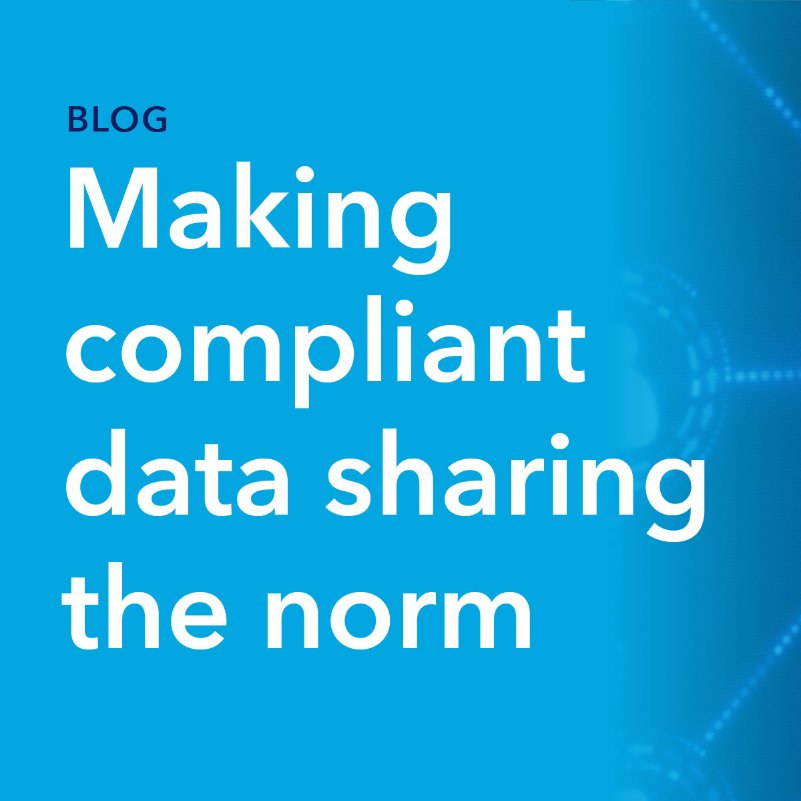Trusted data sharing has truly transformative potential in virtually all industry verticals. Understanding user needs and using them to improve service offerings, increase conversions, and identify cost-savings are just some of the advantages that data sharing delivers, whether it’s between departments or with outside third-parties. Unfortunately, there are considerable obstacles to data sharing, including:
Regulatory compliance – All organizations that do business in California (CCPA) or the EU (GDPR) or deal with patient data (HIPAA) are subject to strict data protection laws. The penalties for not complying with these directives can include fines of up to hundreds of millions of dollars and loss of consumer trust.
Data security – Whenever data is being shared, especially with third parties, your organization loses control over what happens with that data and how it’s secured. This introduces considerable risk into your organization and, depending on the magnitude, this risk can possibly outweigh the benefits.
Speed of insight – The value of data is time-sensitive. That is, the longer data-driven business insight takes to reach someone who can use it, the less valuable it is. Data sharing can be severely hampered by issues that “slow down” data, such as lack of interoperability, incompatible data collection and querying protocols, and low-speed ETL processes. This element of data sharing is often overlooked as, technically, the data is still shared. But the hidden cost is how much value has been lost in transit.
Big Family Bigger Adventures H...
Escape the Resorts Local Style...
Heat Hail and Hooligans One Ho...
Your Compressive Guide to Buy ...
Why Your Next Marketing Move S...
Upgrades That Matter Go Faster...
Brisbane Bathrooms Behaving Ba...
Why International SEO is Essen...
The Role of a Sports Physician...
How Do I Get Rid of a Scrap Ca...

